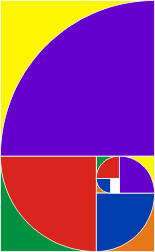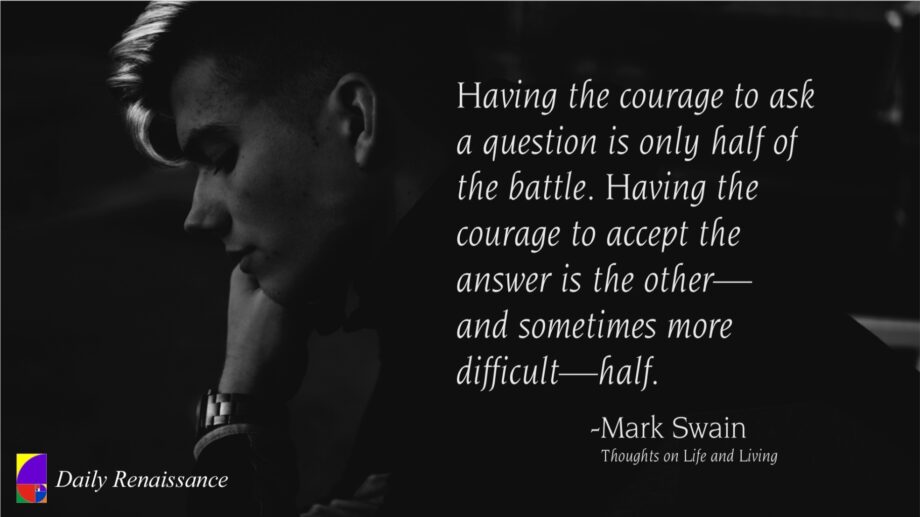When I was a boy, I viewed a short, promotional film. As the film was nearing its end, the narrator spoke these words: “Only if you are unafraid of truth can you find it.” Those words resonated deeply with me. It wasn’t long before I began to understand just how true those words were.
I really enjoyed science in school and participated in a summer, science camp. We learned about the “scientific method” and were told that scientists always go where the facts take them. That made sense to me. I learned later, that not all scientists operate that way. In my studies, I came across the term “confirmation bias”—looking only for facts that agree with your point of view and discounting—even suppressing—those that do not. I’m afraid the famous movie line, “You can’t handle the truth!” is true for many people—especially those who benefit from keeping things just the way they are.
When I studied the life of Galileo—the man who made his own telescope and discovered our Moon’s craters and Jupiter’s moons–I learned that he was brought before the “Holy Inquisition” when he published writings that contradicted the current cosmological view of those in power. He was convicted as a heretic and sentenced to house arrest for presenting the truth that our Earth and the planets revolve around the Sun.
I remember how troubled I was when I read the story of the physician, Ignaz Semmelweis, who believed strongly that patients were dying because physicians weren’t washing their hands between procedures. His colleagues did not believe that they were “dirty.” Dr. Semmelweis knew he was right, suffered a mental breakdown, and died in an asylum. Just a few years later, Louis Pasteur introduced his germ theory to the world, and Semmelweis was proven right. Arthur Schopenhauer wisely observed: “All truth passes through three stages. First, it is ridiculed. Second, it is violently opposed. Third, it is accepted as being self-evident.” And what a painful—even tragic—process that can sometimes be.
I vividly recall my first, serious experience with coming to terms with “new” truth. I had been having misgivings about something I had learned was true when I was a boy. I decided to do some research to validate what I had been taught. To my utter surprise, my research validated my misgivings—not my current beliefs. This was a turning point in my life. I immediately started researching other “truths” I had been taught. One friend, when my research results disagreed with his beliefs, quipped, “Your problem, Mark, is that you read too much.” I took that as a compliment!
These and other experiences led me to start teaching my children to question everything. I taught them that “Truth” (with a capital T) can stand up to any depth or breadth of analysis, whereas falsehood never can.
Friends, I believe that having the courage to question everything and being willing to go where the facts lead us are critical skills for becoming our best selves and living compelling and happy lives.

